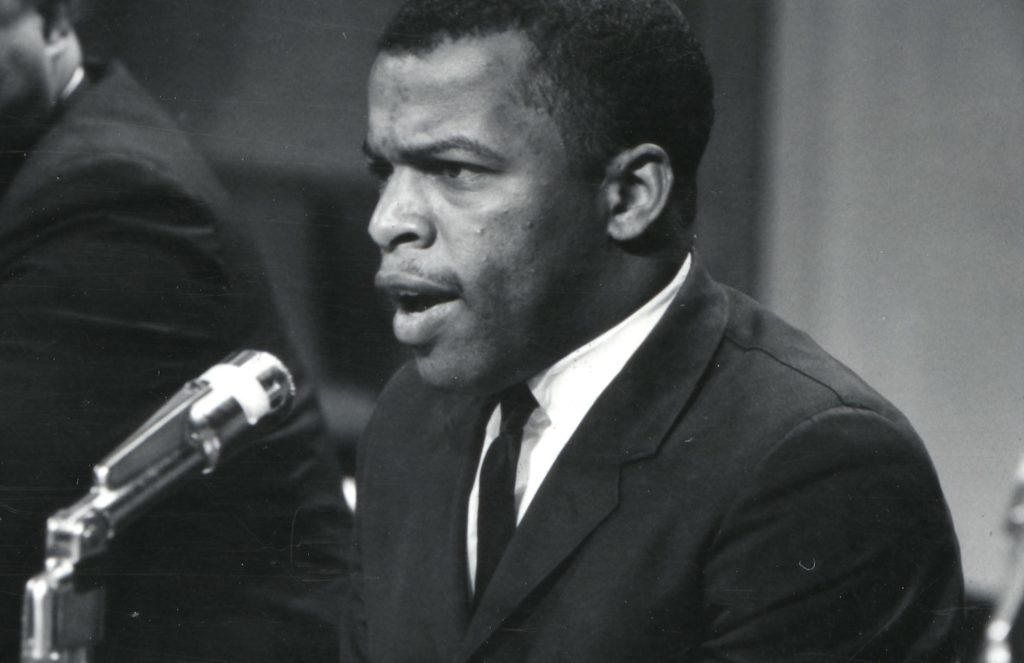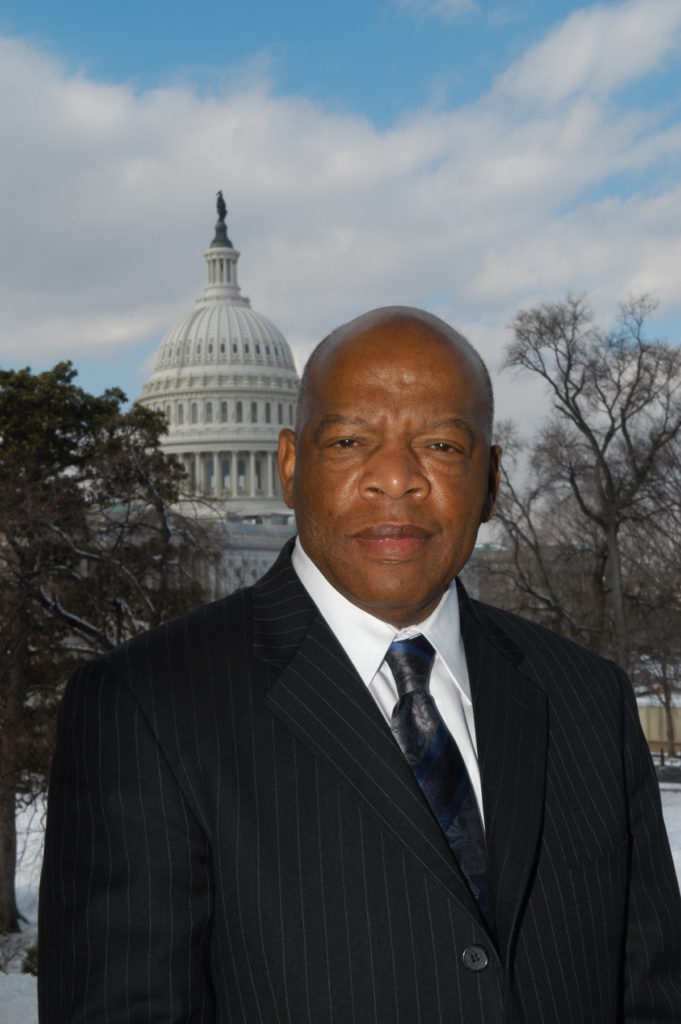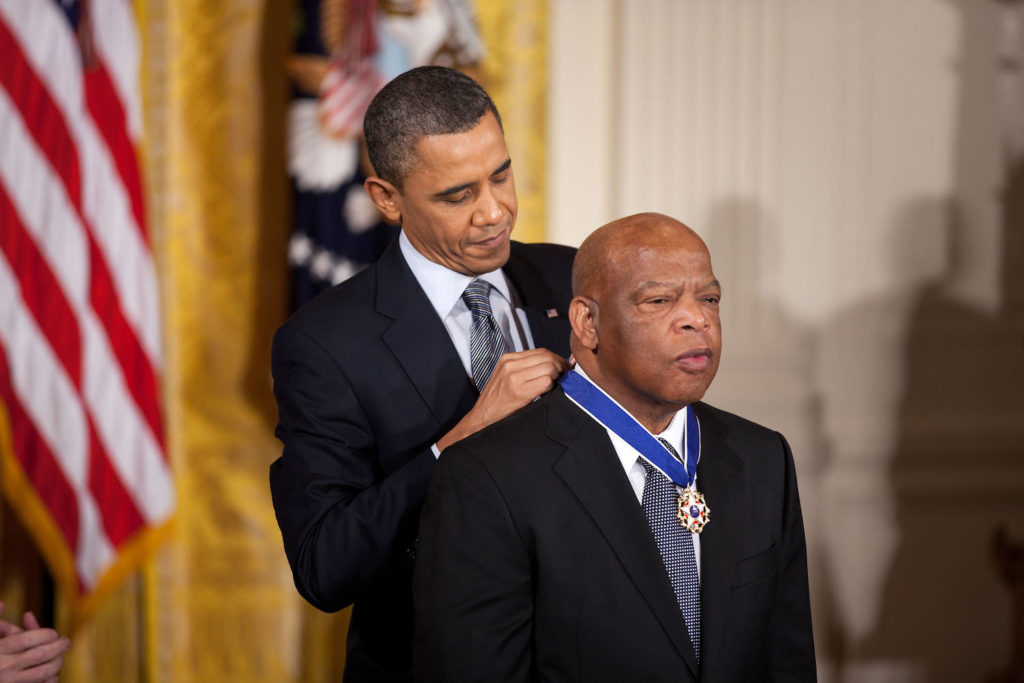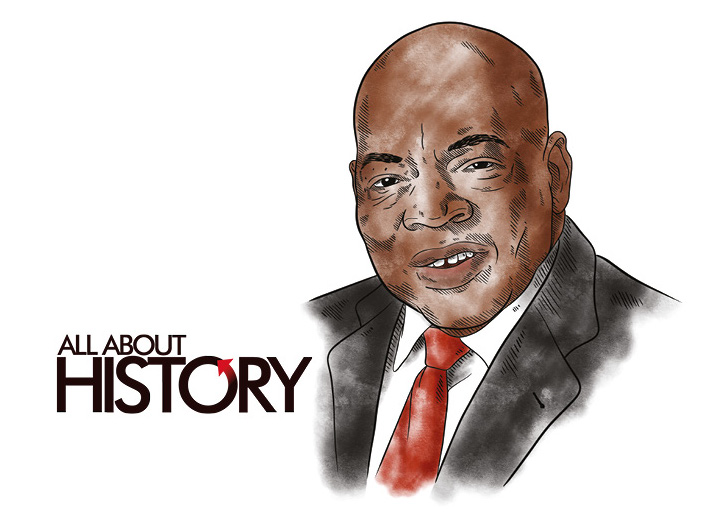A reposting of our interview with Prof. Kevin K. Gaines in early 2019 about the impact and legacy of the civil rights leader
We were deeply saddened to hear of the passing of John Lewis this week, a figure in American politics who was a pioneer of the civil rights movement alongside Martin Luther King Jr and then a stalwart of Congress, serving Atlanta in the House of Representatives since 1987.
We were reminded of our conversation about some of the leaders of the civil rights movement back in issue 74 of All About History with Professor Kevin K. Gaines, Julian Bond Professor of Civil Rights and Social Justice, University of Virginia. He explained Lewis’ importance to the movement and we thought we would share it here with you now.

John Lewis was a key figure in SNCC, which was the younger, more radical counterpart to such established civil rights organisations as the NAACP and the SCLC. An aspiring minister, Lewis grew up in Georgia, like many of his generation observing the accommodation of his elders to the indignities of Jim Crow segregation. While attending Fisk University in Nashville, Lewis encountered the Rev James Lawson, a local African American minister who preached a message of Gandhian nonviolence as a tool to fight injustice.
As a SNCC leader, Lewis participated in the Freedom Rides, an initiative by black and white activists to test a new federal law desegregating interstate travel. Attacks on the Freedom Riders by white vigilantes, with the collusion of local police departments made international headlines, embarrassing the Kennedy administration.
Lewis was hospitalised along with fellow riders after being attacked by a mob in Birmingham. Lewis recovered, and as one of the speakers at the March on Washington, voiced impatience at the Kennedy administration’s non-enforcement of civil rights.
Lewis is perhaps best remembered as leading a march of campaigners for voting rights in Selma, Alabama in 1965. That peaceful assembly was violently dispersed by baton-wielding state troopers, some mounted on horseback. Beaten unconscious, Lewis was hospitalised and the shocking televised news footage of the Bloody Sunday attack galvanised the nation, leading eventually to the Voting Rights Act passed by Congress in 1965.
Lewis’s courage and sacrifices as a civil rights activist contribute to his stature and moral authority as a congressman representing Atlanta in the House of Representatives. Lewis has been an outspoken critic of escalating attacks on voting rights by conservatives since 2010. He is a powerful symbol of racial reconciliation as well, in public encounters with men who sought forgiveness for having brutalised him during the movement.

John Lewis pictured on 14 April 1964. (Marion Trikosko) 
John Lewis’ official United States House of Representatives portrait photo 
President Barack Obama awards the 2010 Presidential Medal of Freedom to Congressman Lewis, 15 February 2011. (Official White House Photo by Lawrence Jackson)
